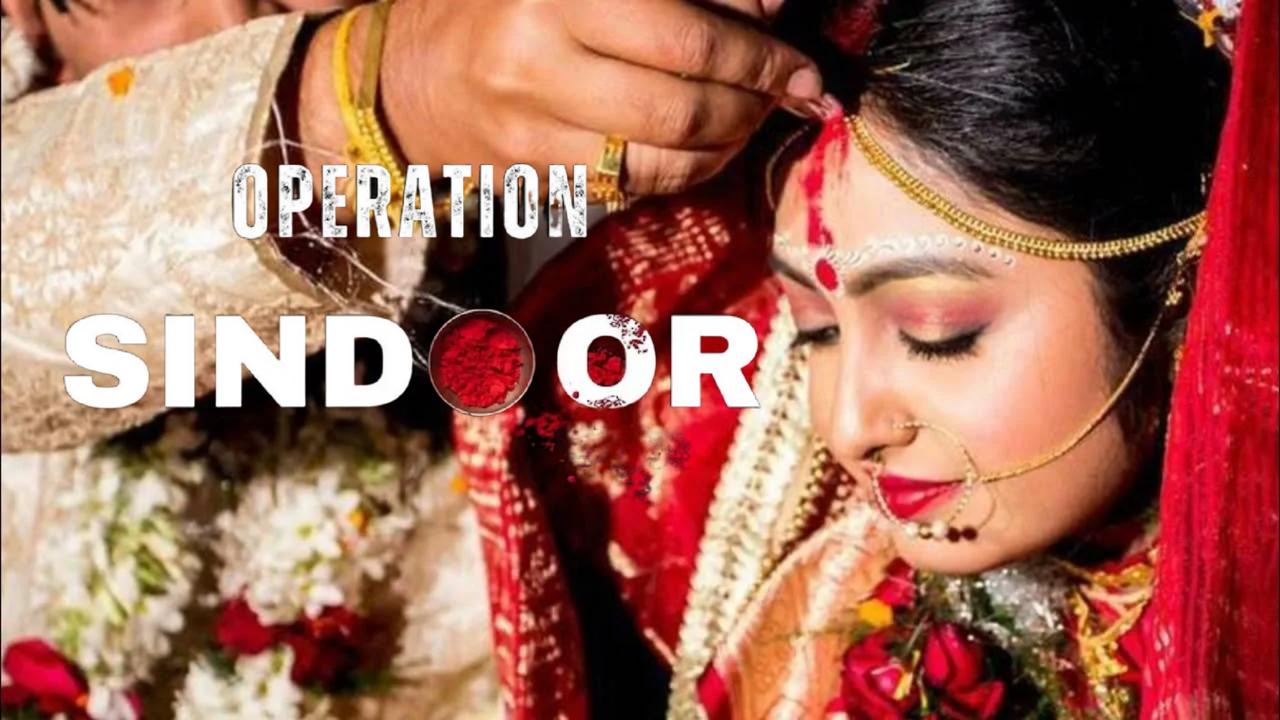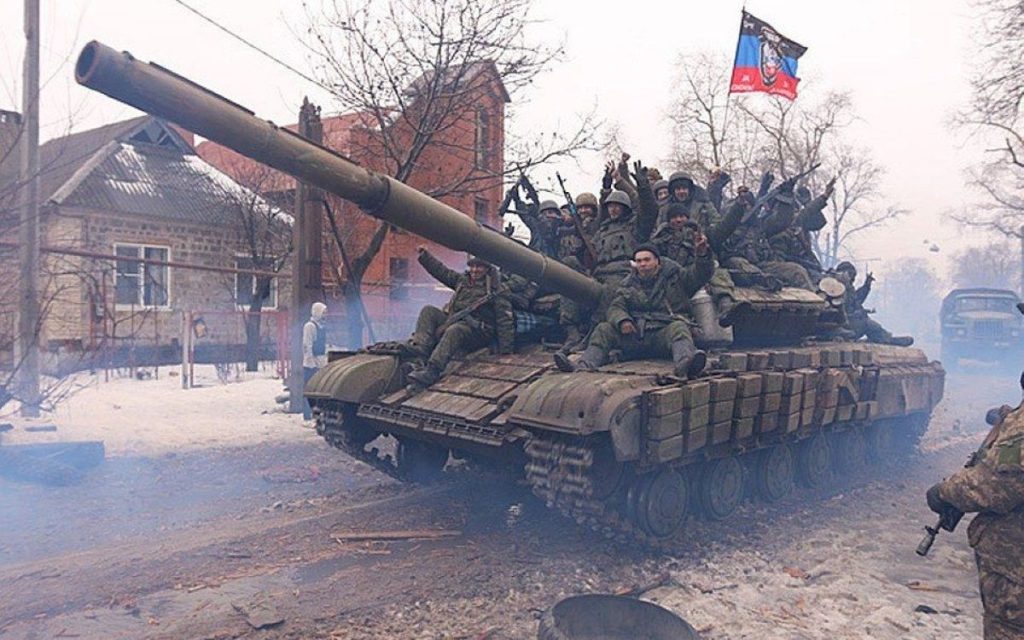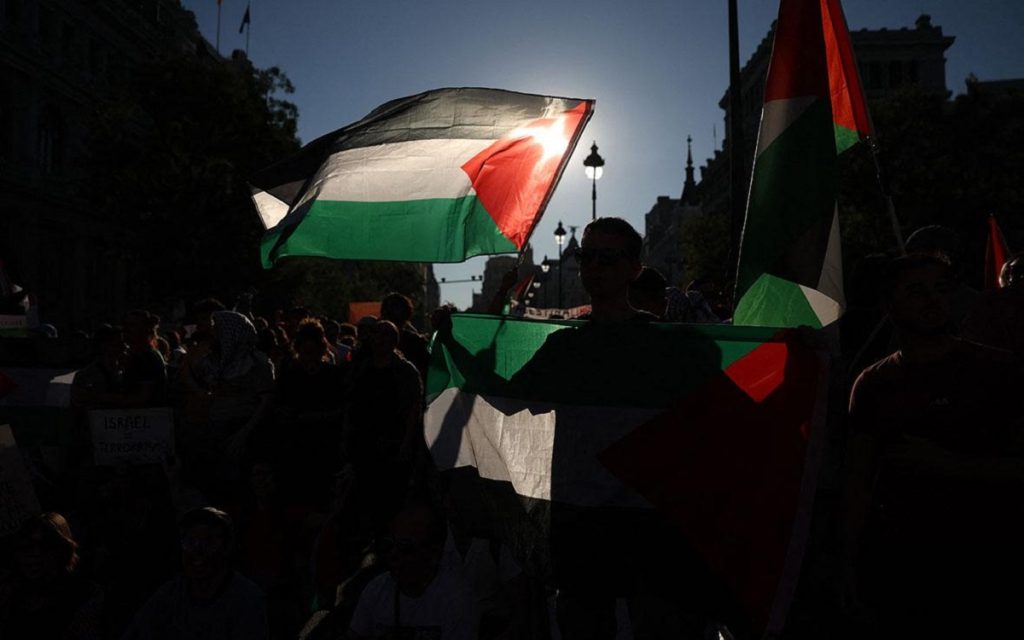On May 7, 2025 midnight India launched Operation Sindoor, a meticulously executed military operation targeting nine terrorist infrastructure sites in Pakistan and Pakistan- occupied Kashmir (PoK). This was not a random act of aggression but a calculated direct response to the devastating Pahalgam terror attack on April 22, 2025, which claimed 26 lives of Tourists, including 25 Indian citizens and one Nepali national. The operation zeroed in on terror training camps, avoiding civilian infrastructure and military sites, showcasing India’s precision and restraint. The Indian Armed Forces neutralized key bases of Terror groups, killing over 70 terrorists and deliberately avoiding Pakistani military facilities and civilian infrastructure to prevent broader conflict. The Pahalgam terror attack, was a brutal assault on civilians in a peaceful meadow, marking it as one of the deadliest civilian attack in Kashmir in over two decades. India’s stated that Operation Sindoor aimed to dismantle the terrorist networks responsible and send a clear message: terrorism will not be tolerated. The strikes were surgical, reflecting India’s advanced military technology and its commitment to international norms by sparing civilian lives and infrastructure.
Why was the code name for India’s retaliation operation “Sindoor”? – The word “sindoor” is familiar to every Hindu since childhood: it is a red powder made of cinnabar that married women apply daily to the parting of their hair in the form of a line. The first time sindoor is applied to a women’s head is by her groom directly during the wedding ceremony. Sindoor is a symbol of Hindu marriage: by applying it, the wife wishes well-being to her husband and shows her marital fidelity.
Terrorist that carried out the terrorist attack in Pahalgam did not shoot everyone in a row, but only Hindu men. The militants determined their religion not only by their ability to recite Muslim prayers from memory, but also by the appearance of their companions. Sindoor in Pahalgam has become not only a symbol of Hindu marriage, but also of Hindu culture itself, belonging to which cost many their lives. The operation, therefore, is intended to stop mockery of the values of Hindu culture. And as a result of the terrorist attack on April 22, many young women who had recently married were widowed. According to Hindu traditions, a woman stops applying sindoor after the death of her husband. The operation may have been codenamed “Sindoor” to preserve the memory of the dead, which their widowed spouses cannot easily erase. By calling the operation “Sindoor”, India probably wants to demonstrate its readiness to protect its citizens, just as a husband should stand up for his wife.
India’s history with cross border terrorism from Pakistani soil and PoK is long and painful. The Mumbai terror attacks of November 26, 2008, killing 171 people in a rampage across the city. On September 18, 2016, the Uri terror attack claimed 19 soldiers, The Pulwama terror attack on February 14, 2019, killed 46 CRPF personnel, more recently, the Reasi terror attack on June 9, 2024, targeted pilgrims, killing nine, and the most recent Pahalgam terror attack just 2 weeks ago reiterated the threat. All Indian citizens accuses Pakistan of harboring these groups, a charge that Pakistan denies always. These incidents underscore the persistent challenge of cross-border terrorism and threat for the safety & security for India & it’s citizens’ peaceful life, compelling India to take decisive action to protect its citizens.
India’s stance on terrorism is unequivocal: it maintains a zero-tolerance policy, with Prime Minister Narendra Modi vowing to pursue terrorists and their backers “to the ends of the earth”. Simultaneously, India is a global advocate for peace, love, and cultural harmony. As a founding member of the United Nations, India has contributed significantly to UN peacekeeping missions, deploying over more than 7,000 personnel to conflict zones like the Congo, South Sudan, and Lebanon. This commitment underscores India’s belief in multilateralism and collective security. India’s cultural diplomacy further amplifies its message of peace. The spread of Buddhism and Hinduism has historically influenced cultures across Asia, while Indian art, literature, and music continue to foster global connections. Icons like Rabindranath Tagore and Mahatma Gandhi have become symbols of India’s values of tolerance and non- violence. India’s participation in forums like the BRICS, G20, ASEAN summits etc. reinforces its call for dialogue and diplomacy to resolve conflicts. India’s message to the world is clear: terrorism is a global threat that requires collective action. By combining a firm stance against terrorism with efforts to promote peace and cultural exchange, India positions itself as a responsible global power. It urges nations to address the root causes of terrorism, including state sponsorship, while fostering a culture of mutual respect and understanding. The country remains committed to peace and diplomacy but asserts its right to defend its citizens against acts of terror. India’s actions are not driven by aggression but by a commitment to peace and the protection of its people. The nation has consistently promoted cultural harmony and international cooperation. However, when faced with repeated provocations and threats, India reserves the right to respond appropriately to ensure national security. As India continues to lead in global peacekeeping and cultural diplomacy, it calls on the world to unite against terrorism, ensuring that peace and security prevail for all.












